The terms vegan and vegetarian are often used interchangeably to refer to a person who doesn’t eat animal products. However, there are quite a few differences between the two.
Whether you’re thinking about following either of these diets, or you simply want to know the difference between them to get a better idea about what your vegan or vegetarian family members and friends eat, we’ll help you find out more about these two diets.
Vegetarians
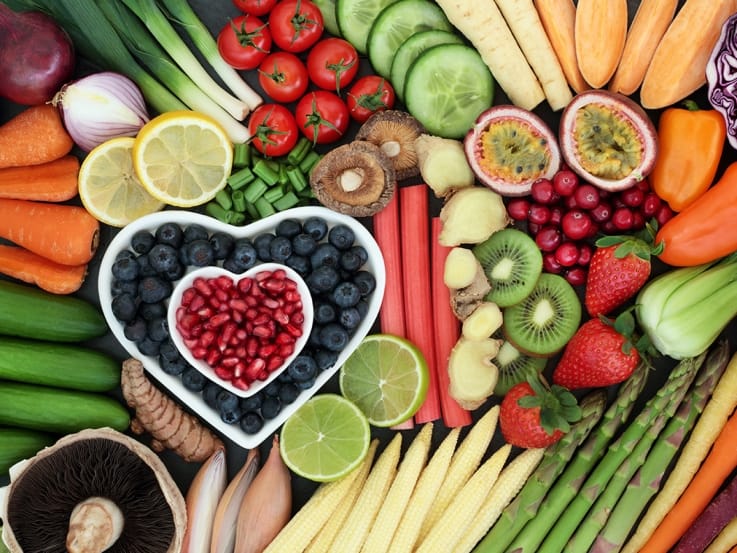
In general, vegetarians avoid eating any animals like cows, fish, and pigs. In addition to refraining from eating animals, vegans also avoid eating dairy products or anything that’s derived from animals like eggs, cheese, and milk. Some even avoid eating honey.
However, not all vegetarians eat the same type of food. There are three types of vegetarians: Lacto-Ovo vegetarians, Lacto vegetarians, and Ovo vegetarians. Lacto-Ovo vegetarians don’t eat animal meat, but eat dairy and eggs, while Lacto vegetarians avoid meat and eggs, but they’re OK with consuming dairy products. Ovo vegetarians, on the other hand, refrain from consuming all animal products except eggs.
Some people avoid eating animal flesh except fish. These are called pescatarians, though they aren’t really considered vegetarians since they do eat meat.
Both vegans and vegetarians eat plant-based foods in their diets, including fruits, vegetables, nuts, seeds, beans, and legumes.
Vegans
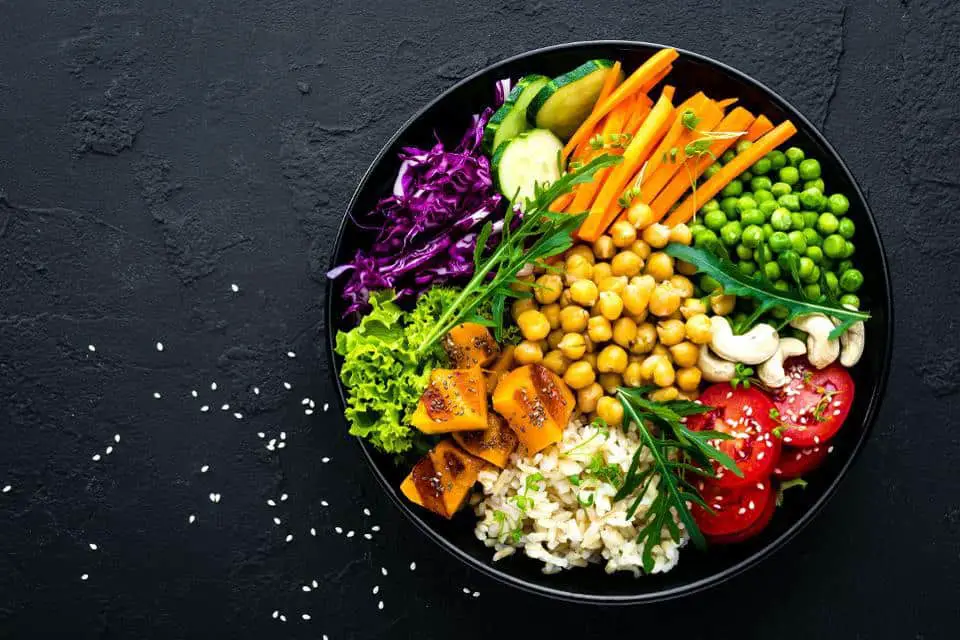
Just like vegetarians, vegans avoid eating animal flesh but also don’t eat dairy products or anything that’s derived from animals like eggs, cheese, and milk. Some even avoid eating honey.
Veganism is generally considered to be a stricter form of vegetarianism. Veganism is more of a lifestyle than merely a different diet. Vegans believe that slaughtering animals and torturing them to extract the materials needed for animal byproducts is an inhumane practice and must be stopped. Some of the animal byproducts that vegans avoid include:
- Dairy products
- Eggs
- Certain cosmetics
- Leather
- Wool
- Beeswax
- Candles
- Soaps
- Products that are pre-tested on animals
While some may argue that extracting materials needed for making byproducts is done in a tender way, that’s not always the case. There’s clear evidence that animals are tortured in many ways when businesses use them as a source of material for their products.
Even something as simple as producing milk can cause much harm to a cow since it must be pregnant, which is usually done artificially. After the cow gives birth, its calves must be removed, which can be quite a bad experience for it.
Vegetarianism vs. Veganism: Which is Healthier for You?
Generally speaking, plant-based diets have lots of health perks. They can protect you from chronic diseases like heart disease and Type 2 diabetes. Omnivorous diets, on the other hand, contain processed meat and other unhealthy foods that have high saturated fat content, which can cause some health complications in the long run.
While both forms of plant-based diets offer lots of health benefits, they’re not quite the same when it comes to certain nutrients.
For example, unlike vegans, Lacto vegetarians can use dairy products as a source of protein, calcium, phosphorus, and vitamin D. However, dairy products are linked with higher cholesterol levels, which is why vegans usually have lower cholesterol levels.
A major concern for vegans is the lack of essential omega-3 fatty acids, specifically in EPA and DHA. Even though there are plant-based sources for these nutrients, they won’t compensate for sources like eggs and seafood.
Some of the complications related to a deficiency in DHA include memory loss, brain fog, joint discomfort, and fatigue. Vegetarians, on the other hand, Lacto-ovo and ovo vegetarians can get their omega-3s from eggs.
Another concern for vegans is the possibility of vitamin B12 deficiency. Just like omega-3 fatty acids, there are plant-based sources for them. However, you’ll likely still need to take a supplement. Consult a dietician before taking any supplements to get the appropriate one and take the right doses.
To recap, both diets share many benefits, but strict vegan diets can be more complicated and you’ll likely need to take some supplements to compensate for certain essential nutrients.
Final Thoughts
Vegans and vegetarians share many similarities, but some aspects make them a bit different.
It’s essential that you follow up with a specialist if you ever decide to switch to either a vegetarian or vegan diet; at least until you develop a better idea about what you should and shouldn’t do.




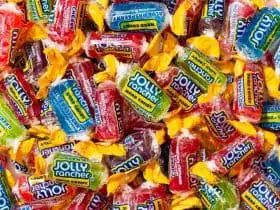

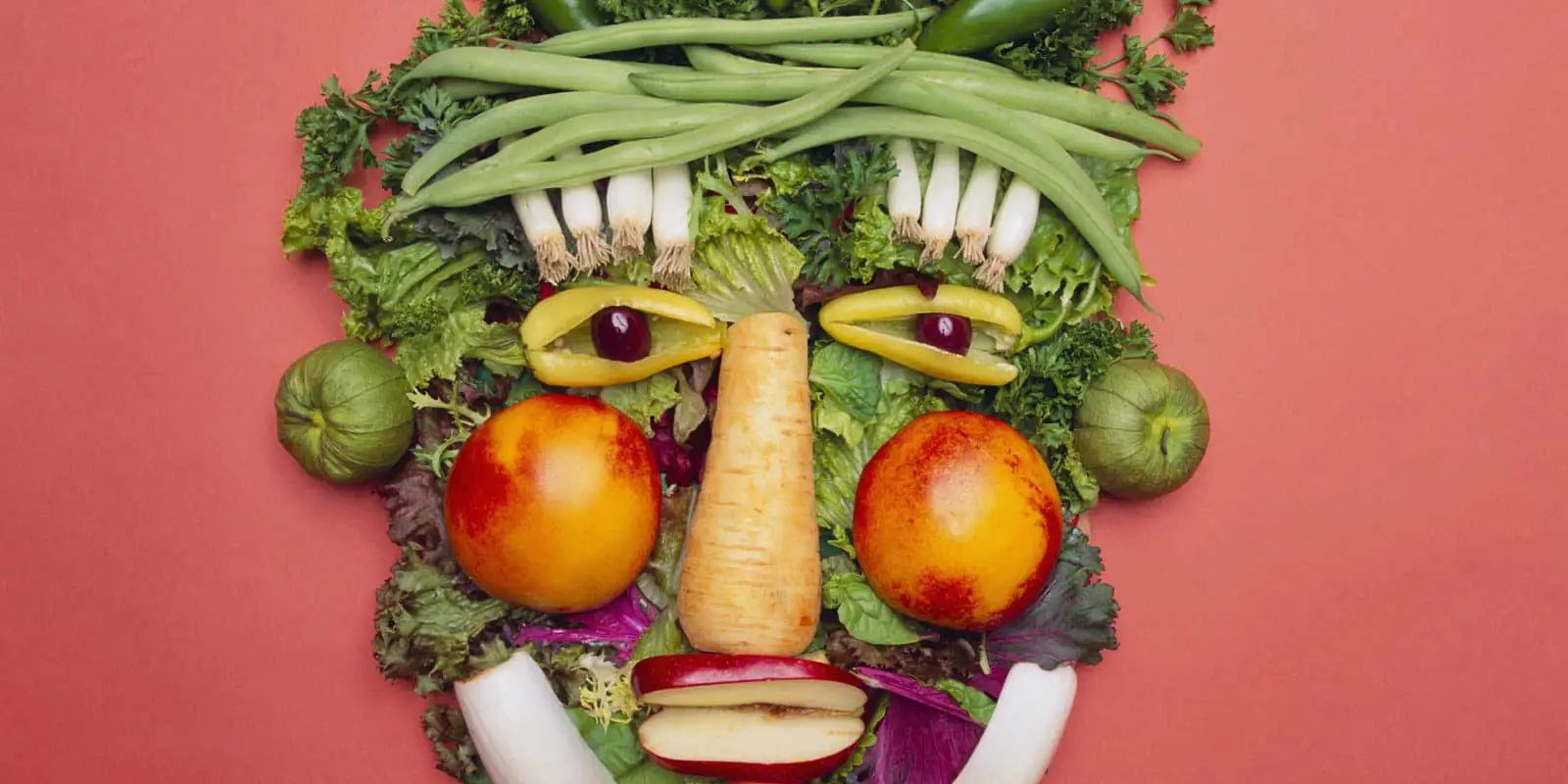
![The 15 Best Vegan Documentaries You Need to Be Watching in 2022 [Infographic] 27 vegan documentaries](https://getvegan.com/wp-content/uploads/2021/03/vegan-documentaries-280x210.jpg)
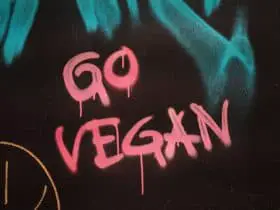
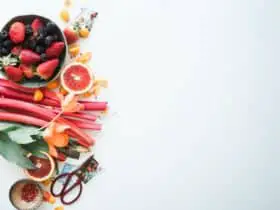

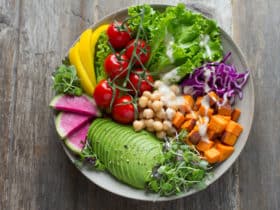
Leave a Reply